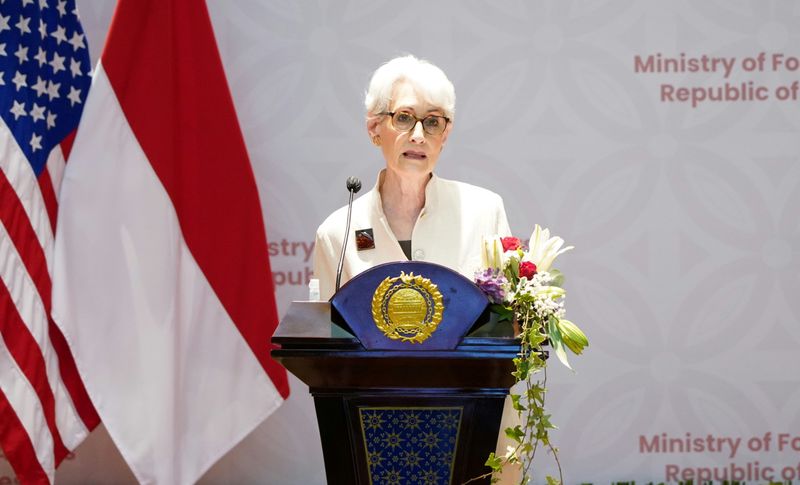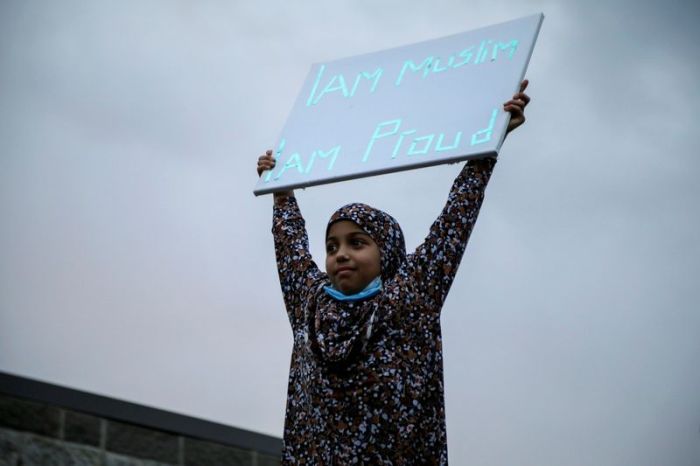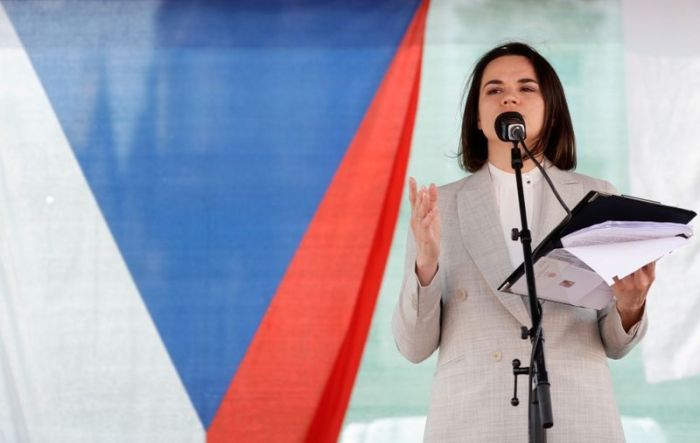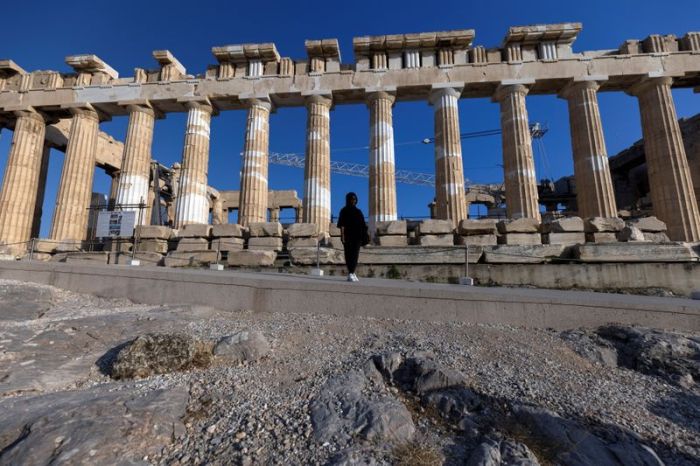WASHINGTON (Reuters) -Negotiations between Iran and the world powers on how to revive the 2015 nuclear accord will resume this weekend, U.S. Deputy Secretary of State Wendy Sherman said on Wednesday, adding that Iran’s June 18 presidential election was a complicating factor.
“I know that the negotiation will start again over this coming weekend,” Sherman said during a virtual event organized by the German Marshall Fund think tank.
“I think there’s been a lot of progress made, but, out of my own experience, until the last detail is nailed down, and I mean nailed down, we will not know if we have an agreement,” Sherman, one of the key U.S. negotiators for the original deal, said.
The talks seek to revive U.S. and Iranian compliance with a landmark pact under which Iran agreed to curbs on its nuclear program to make it harder to obtain fissile material for a bomb in return for the easing of U.S., European Union and U.N. sanctions.
There have been five rounds of indirect U.S.-Iranian talks since April and the next set are expected to begin in Vienna on Saturday, a source familiar with the matter told Reuters and Iranian state media quoted Iran’s lead negotiator as saying.
However, a host of obstacles remain, suggesting a return to compliance with the accord is still a way off, four diplomats, two Iranian officials and two analysts say.
Another factor is the June 18 elections to replace President Hassan Rouhani, a pragmatist who promoted the original deal and who widely expected to be followed by a hard-line successor.
“This is complicated, of course, by the Iranian presidential election, which is happening in just a few days,” Sherman said, without elaborating.
That said, the election are expected to have little impact on Iran’s foreign and nuclear policies, which are decided by the country’s Supreme Leader Ayatollah Ali Khamenei, and all seven candidates running for president have supported the talks.
Then-U.S. President Donald Trump abandoned the deal in 2018, saying it was too soft on Iran, and reimposed sanctions. Iran responded by violating its nuclear limits about a year later.
(Reporting by Humeyra PamukAdditional reporting by Parisa Hafezi in Dubai and by Arshad Mohammed in Washington Editing by Chizu Nomiyama and Jonathan Oatis)

























